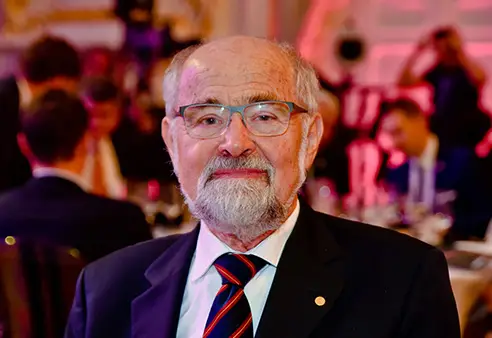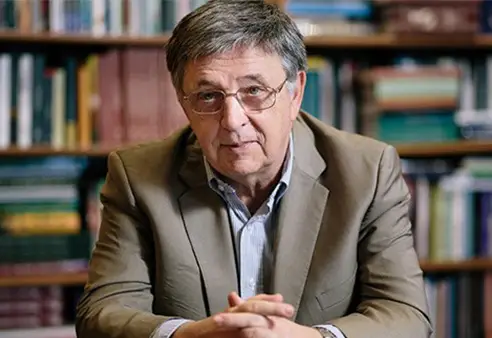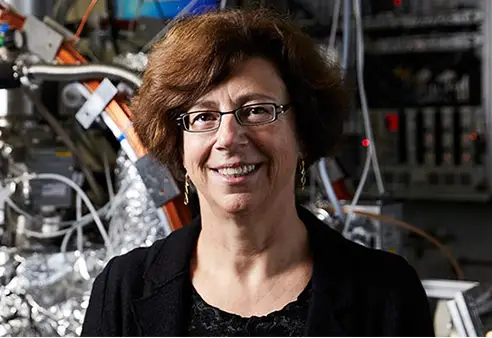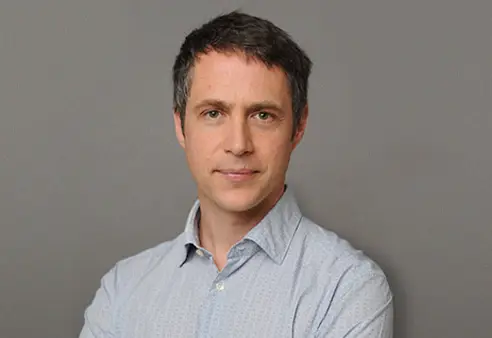International jury
Christopher Csíkszentmihályi
art and technology
International jury
Christopher Csíkszentmihályi
art and technology
Chris Csíkszentmihályi is European Research Area Chair and a member of the board at Madeira Interactive Technology Institute, and is director of the the Rootio Project, a free/libre sociotechnical platform for community radio.
Chris has been a professor at colleges, universities, and institutes. He cofounded and directed the MIT Center for Future Civic Media (C4), which was dedicated to developing technologies that strengthen communities. He also founded the MIT Media Lab's Computing Culture group, which worked to create unique media technologies for cultural and political applications. He was Distinguished Visiting Professor of Art and Design Research at Parsons the New School for Design, and a European Research Area Chair at Madeira Interactive Technology Institute.
Trained as an artist, he has crossed between new technologies, media, and the arts; lecturing, exhibiting installations, and building sociotechnical systems on five continents and one subcontinent. He was a 2005 Rockefeller New Media Fellow, and a 2007-2008 fellow at Harvard's Radcliffe Institute for Advanced Study, and has taught at MIT, the University of California at San Diego, Rensselaer Polytechnic Institute, and at Turku University. He sits on the advisory board of the DATACTIVE ERC project at U. Amsterdam and the Digital Civics and the EPSRC Centre for Doctoral Training in Digital Civics at Newcastle University.
In the Center for Civic Media he developed social and technical systems that allow communities to research and reflect on their condition, and to take action in their interests. Under Csíkszentmihályi's leadership the Center produced significant research and incubated enterprises that are influential and active a decade later, including publiclab.org, sourcemap.com, betweenthebars.org, and RootIO.org. Grounded in his work in civic media, Csíkszentmihályi’s current Rootio project (with Jude Mukundane) works to make community radio networked, interactive, and scalable, but still inexpensive, while maintaining roots in small, linguistically diverse communities.



